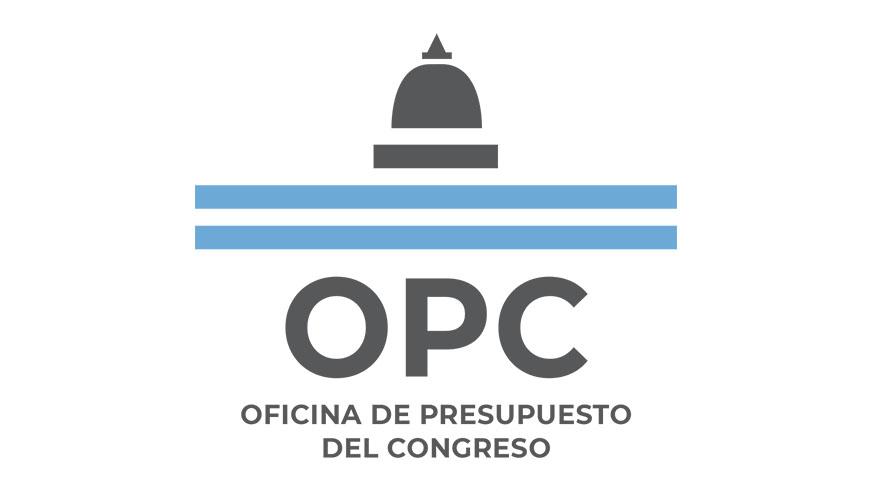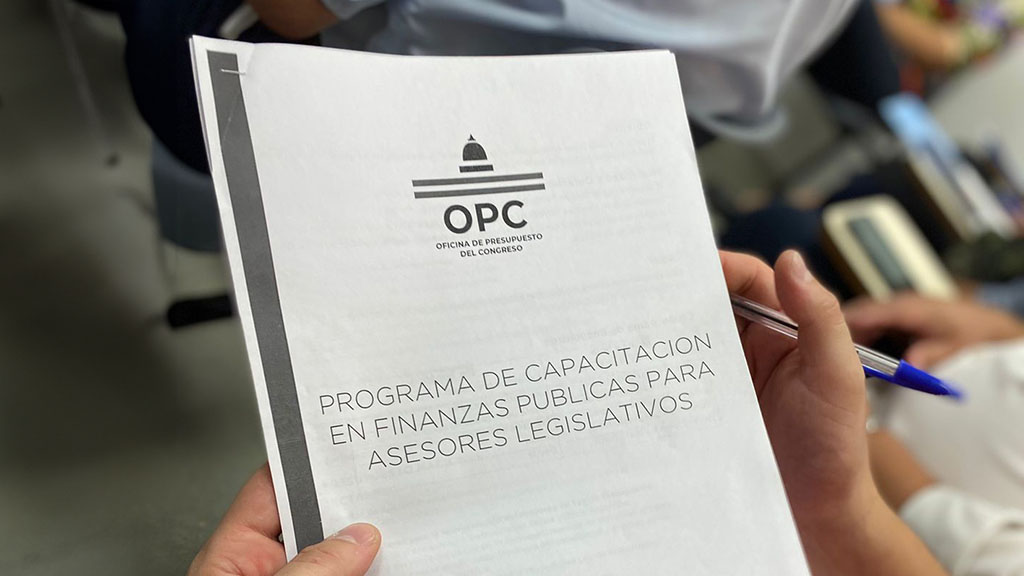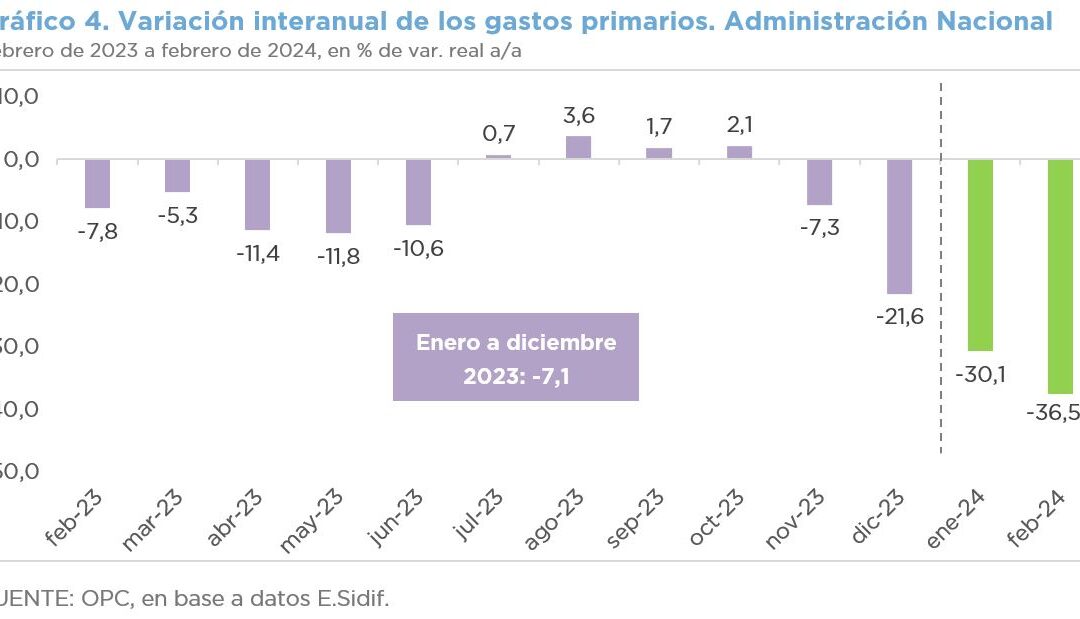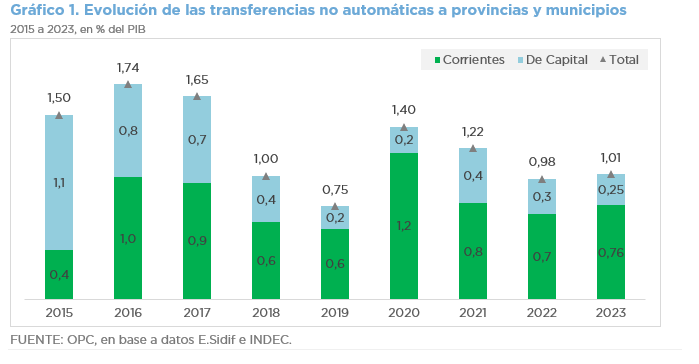
FISCAL IMPACT OF BILLS ON THE NATIONAL TEACHER INCENTIVE FUND
The seven bills analyzed propose to reinstate the Teacher Incentive Fund (FONID) from the first day of 2024 for different periods of time, which means paying retroactively the past months and then continuing with the monthly accrual.
The FONID was created for the “improvement” of teachers’ salaries, as a remunerative and non-bonus supplement.
The Fund was complemented by the National Teacher Salary Compensation Program, still in force, both of which are covered by appropriations provided for in the national budget.
- No payments for these purposes were made this year.
- In 2023, expenditures related to the budget program National Teacher Incentive Fund had a share of 0.18% of GDP.
- In the last quarter of last year, teachers received an average monthly amount of ARS25,000 for this concept, between 5.9% and 12.3% of the gross salary of a primary school teacher with ten years of seniority.
- The restitution of FONID would imply an expenditure of ARSS1,294.77 billion for 2024, equivalent to 0.21% of GDP if inflation for the last quarter of 2023 is considered and 0.16% of GDP if only inflation for 2024 is taken into account.
- Individual amounts would range from ARS43,994 in January to ARS90,786 in December.
- If the benefit were applied to retirees, the additional fiscal cost would be equivalent to 0.01% of GDP for every 100,000 teachers.



